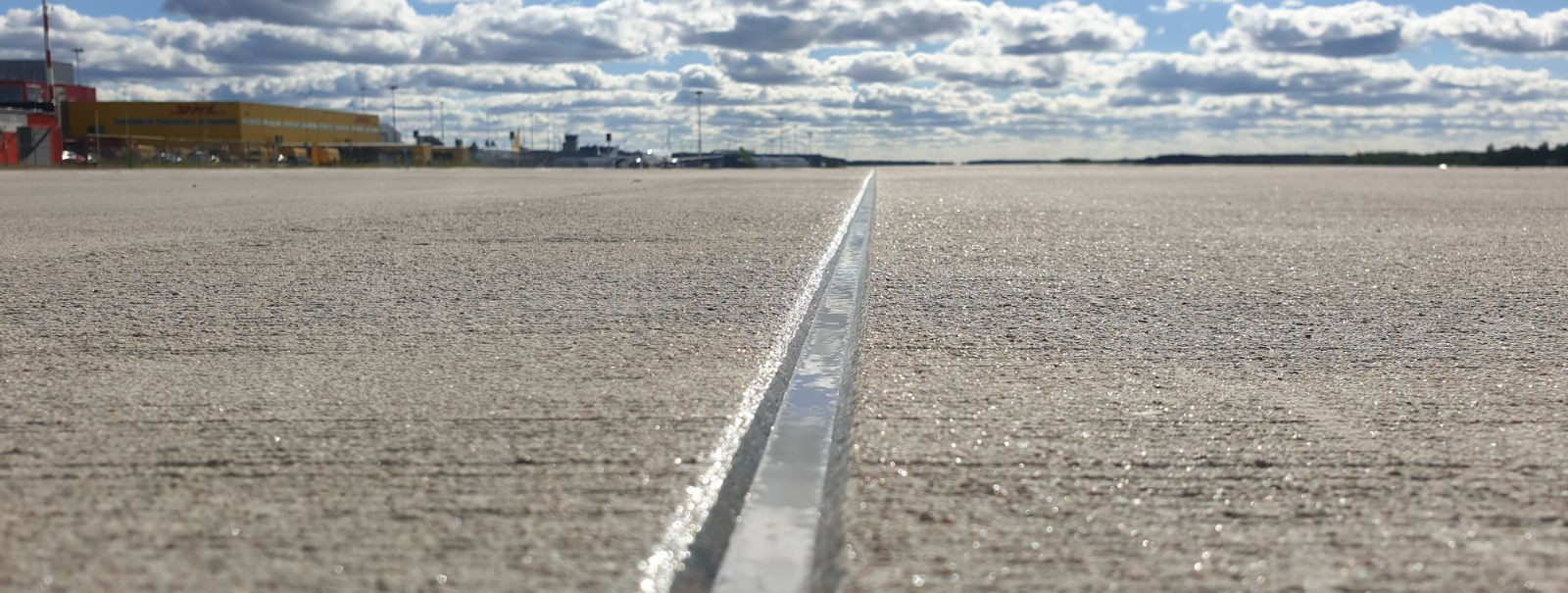The ultimate guide to hydroisolation for asphalt surfaces
Hydroisolation, also known as waterproofing, is a critical process in construction that involves the application of specialized materials to prevent water ingress into or through a structure. For asphalt surfaces, hydroisolation is essential to protect the underlying layers from water damage, which can lead to premature degradation and costly repairs.
Asphalt surfaces, commonly used in roadways, parking lots, and bridges, are exposed to various environmental factors that can compromise their integrity. Water is one of the most damaging elements, as it can seep into cracks and pores, freeze, expand, and cause further cracking and potholing. Hydroisolation helps to extend the lifespan of asphalt surfaces by providing a barrier against water penetration.
Hydroisolation Materials and Techniques
Bituminous membranes are a popular choice for hydroisolation due to their excellent waterproofing properties and adaptability to various surfaces. They are typically made from a combination of bitumen and polymers, providing a durable and flexible seal.
Liquid applied membranes offer a seamless waterproofing solution that can be easily applied to complex shapes and around protrusions. These membranes cure to form a continuous, elastomeric coating that can accommodate structural movements.
Self-adhesive membranes provide a quick and clean application process, with a peel-and-stick method that eliminates the need for heat or open flames. They are ideal for projects where safety and speed are paramount.
Selecting the appropriate hydroisolation material is crucial for ensuring long-term protection. Factors to consider include the specific requirements of the project, environmental conditions, and the expected traffic load on the asphalt surface.
Preparation and Application
Proper surface preparation is key to the success of any hydroisolation project. The asphalt surface must be clean, dry, and free of any contaminants or loose particles to ensure optimal adhesion of the waterproofing material.
Application techniques vary depending on the type of material used. It is essential to follow the manufacturer's guidelines and industry best practices to achieve a uniform and effective waterproofing layer.
Quality control measures, such as regular inspections and adherence to application standards, are necessary to guarantee the performance of the hydroisolation system. Proper documentation and testing can provide assurance of the system's integrity.
Maintenance and Repair
Regular inspection and maintenance of hydroisolated asphalt surfaces are vital for identifying potential issues early and preventing extensive damage. A maintenance schedule should be established based on the specific conditions of the site.
When repairs are needed, it is important to use compatible materials and methods to restore the integrity of the hydroisolation system. Prompt attention to repairs can prevent minor issues from escalating into major problems.
Advancements in Hydroisolation Technology
The field of hydroisolation is continually evolving, with new materials and methods being developed to enhance performance and ease of application. Staying informed about these advancements can lead to more efficient and effective waterproofing solutions.
Environmental sustainability is becoming increasingly important in the construction industry. Eco-friendly hydroisolation products and practices not only benefit the environment but can also lead to cost savings and improved public perception of a project.






Comments (0)